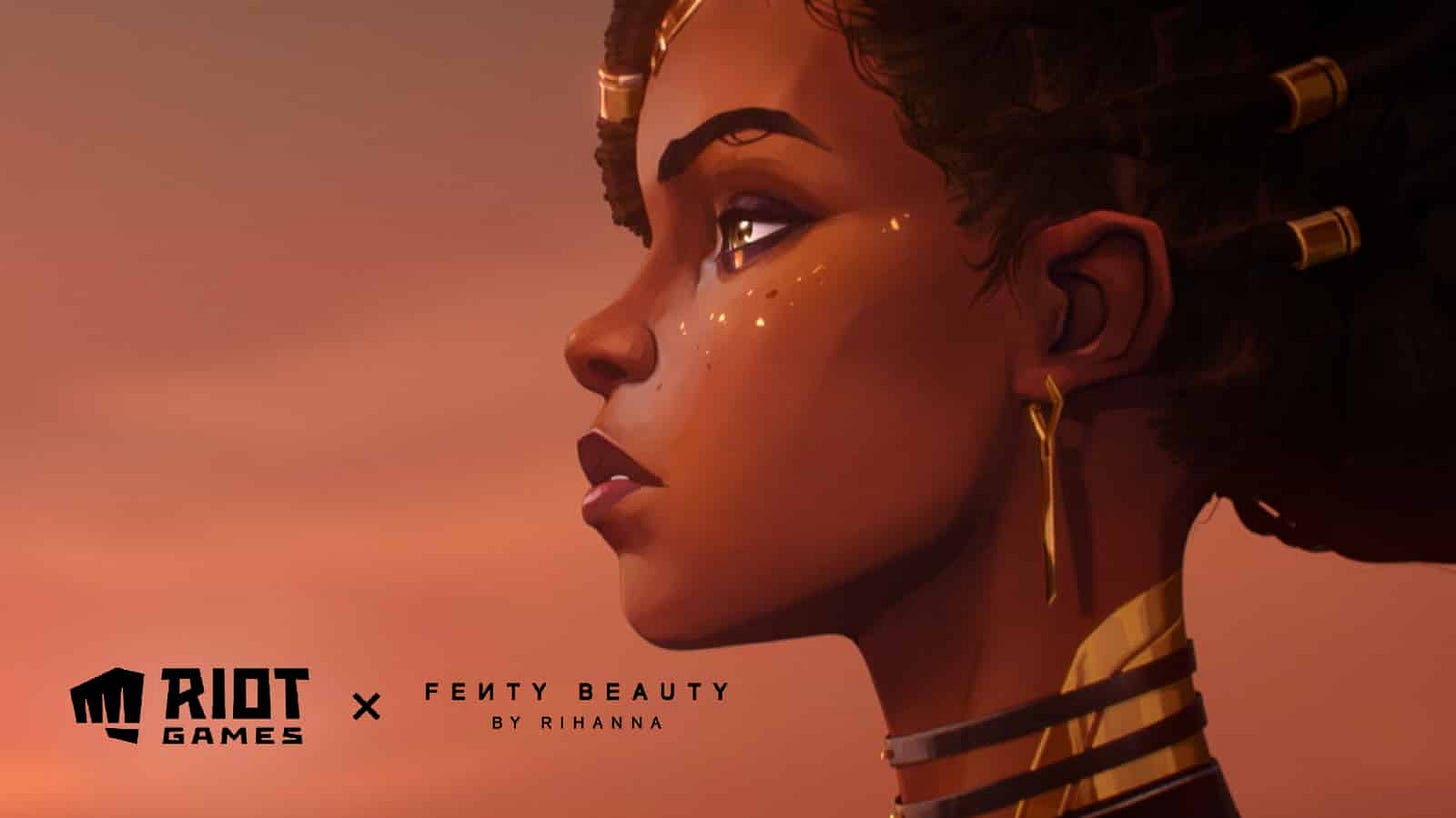Borkowski Weekly Media Trends 12-11-21
Travis Scott Astroworld Disaster | The Culture Wars Continue ft Children's Entertainment | Beauty in the Metaverse
Before we get stuck into it, we are incredibly excited to welcome a returning Lucie Speciale to the Borkowski team. Having left Borkowski in 2007, Lucie rejoins 14 years later as managing director of our corporate and crisis division. You can read about it here. Now, on with The Trends!
The Astroworld Tragedy and Travis Scott’s Crisis
Travis Scott's Astroworld festival is one of the deadliest live music events ever, with nine deaths and hundreds injured. With thousands of news articles and millions of videos posted across social media, Travis Scott has a lot of painful questions to answer as lawsuits continue to mount against him.
Whilst one entity doesn't bear all responsibility, Travis Scott has failed to grasp the severity of this tragedy. It's worth pointing out that Scott's fanbase is well-known for its cult-like obsession with the rapper. The immediate collective line of defence was a lack of awareness, echoed in his public statement, reverberated by his fanbase:
However, this line is undergoing heavy scrutiny after the Houston Chronicle said Scott continued performing for 37 minutes after the festival had already been declared a mass casualty event.
Travis likely expected his fans to shield him from any blame so that he could play a support role to victims, evident with his feeble BetterHelp "brand partnership" offering those affected a one-month deal for free online therapy. He also pledged to cover all funeral costs and refund tickets.
His unfolding crisis 'strategy' was paired with a bizarre choreographed Instagram story that showed no genuine remorse or compassion for the victims. Instead, it shows how little Travis Scott has learnt from past controversies at live concerts, which have a history of rowdiness and violence.
Whether or not he reaches settlements in ongoing lawsuits, his reputation is in tatters, and his brand is damaged forever, with partnerships and endorsements on the verge of crashing down.
Big Bird vs Big Babies
The culture wars have long since escalated to the point where their pervasive influence is even felt in children’s entertainment, with several beloved kids’ films and television shows accused of ‘going woke’ for such crimes as adding a smattering of diversity, or removing material that was causing offence.
Earlier this year the Telegraph raged about the Siamese cats scene in Lady and the Tramp coming with a content warning, although the Guardian were much more forgiving of The Wiggles introducing a more diverse cast.
The latest such benign and well-meaning incident to cause outrage was Sesame Street’s beloved Big Bird posting a photo apparently showing the aftermath of his Covid vaccine. The statuesque muppet received a torrent of abuse from right-wing commentators, including Senator, former presidential candidate and goddam fifty-year-old man Ted Cruz.
The accusation is that Sesame Street is brainwashing America’s youth by forcing a ‘woke’ pro-vaccine agenda on them and deliberately stoking these sensitive anti-vaxxer souls into outrage in doing so.
There may be some truth in the second part. We can infer from Sesame Street’s litany of alleged provocations a gentle but deliberate progressive flavour to their more topical (but always arguably apolitical) moral lessons. In the past year the show has introduced a black father-son muppet duo who explained the concept of racial justice to Elmo, a BLM explainer, and a same sex couple.
The result? A smattering of alt-right outrage, media ubiquity, social virality, a glowing op-ed in the famously non-woke Wall Street Journal just two weeks before the Big Bird scandal, 100% brand awareness, and it’s still the second most-watched show on PBS. If that last one doesn’t sound all that impressive, imagine if The Simpsons was still the second most popular show on Fox in twenty years’ time. They might be muppets, but they’re smart communicators…
Ri-enter The Metaverse
Is there space in the metaverse for one more? Fenty Beauty has formed a collaboration with Riot Games - the team behind League of Legends - to guide the aesthetic direction of its video game and animation output. Fenty is not the first beauty powerhouse to imagine a glossy, empyrean cyberspace to present its cosmetic products. In 2020, EM Cosmetics hosted a League of Legends livestream to launch its Daydream Cushion Foundation, seeing an astonishing 278% rise in sales compared to previous releases.
Through the metaverse, virtual reality activations and gamification present new virtual environments to reimagine and curate human expression; real ethical dangers surround digital representations of beauty. How do we construct the ideal avatar? How do appropriately create a diverse virtual environment without resorting to digital blackface or identity tourism? Should these fictional selves echo and respond to real-world aesthetic ideations?
There are, however, few brands so attuned to the polymorphous and ever-expanding breadth of human beauty. Individual expression is so deeply entrenched in expansive gameplay, with decision-making and self-fashioning central to the escapism of fictional worlds in roleplaying games like League of Legends. Fenty Beauty's collaboration presents an opportunity to enshrine diverse and considered forms of beauty in the metaverse as it curates 'beauty looks across Riot Games and content, aiming to highlight the multifaceted and diverse beauty landscape that celebrates beauty in all of its forms.' Though this collaboration is a blatant attempt to present Fenty Beauty as the leading voice over the cosmetic assets of the metaverse, there are few brands so fit for empowering forms of self-expression integral to virtual realms.






